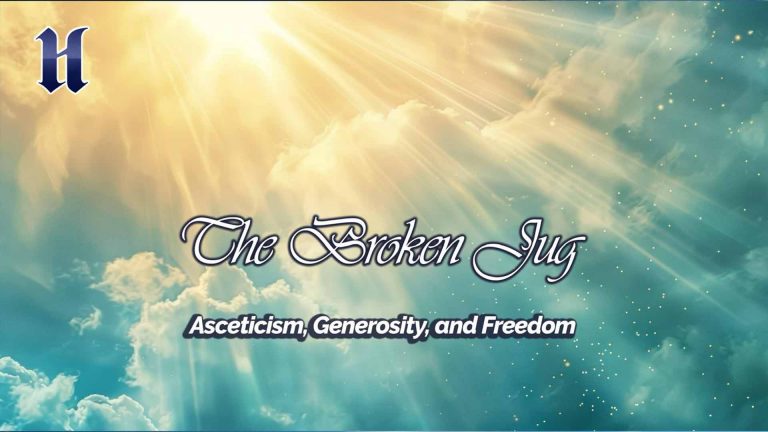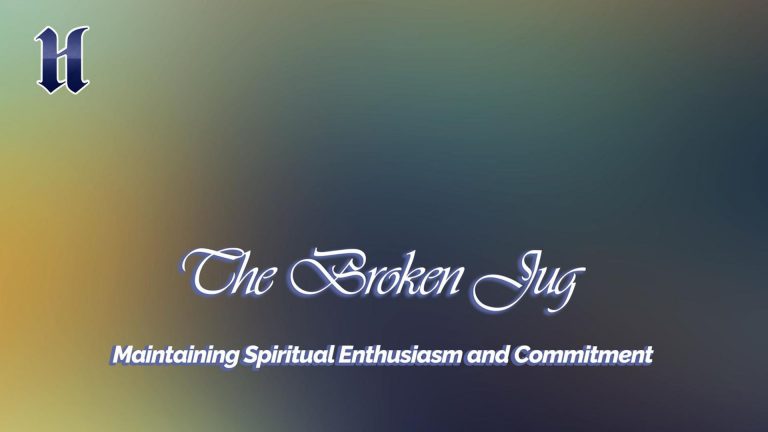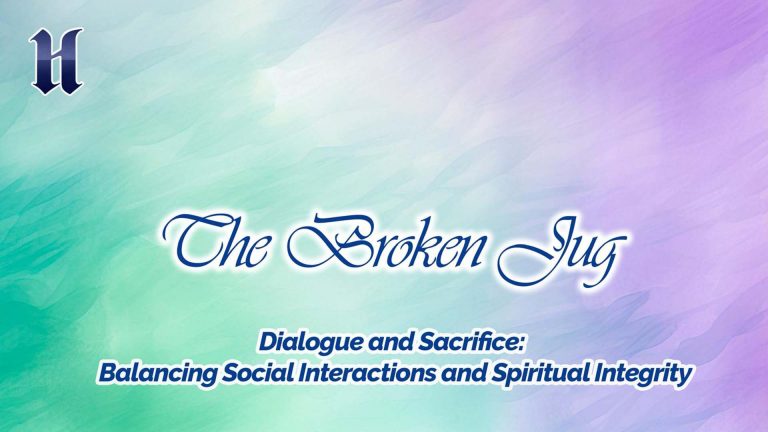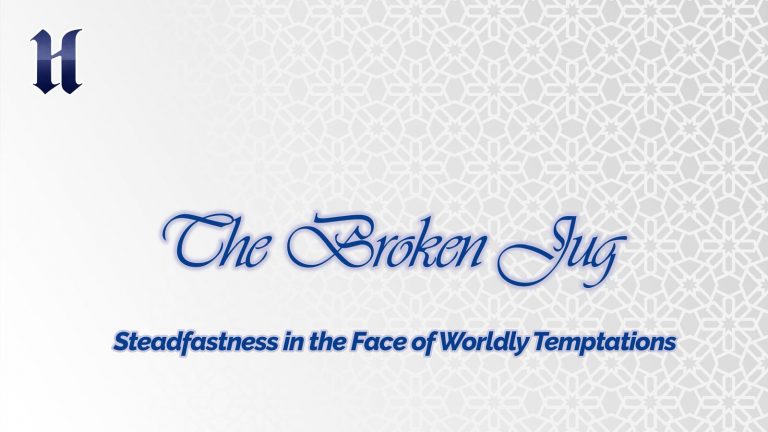Question: What key aspects should one consider when expressing a firm stance against sins and turning earnestly towards repentance and seeking forgiveness with a sincere heart?”
Answer: “Istighfar” involves seeking Allah’s forgiveness and protection from the consequences of mistakes or sins. On the other hand, “Tawbah” is the act of repentance, encompassing abandoning the sinful behavior, feeling remorse, and returning to God after experiencing deviation.
In repentance (tawbah) and seeking forgiveness (istighfar), what holds significance is the awareness of the wounds inflicted by committed sins on our spiritual life. It involves a profound sense of remorse and agony to the extent that it disrupts our peace of mind.
Whether sins are committed through the tongue, eyes, hands, or other limbs, be it through words, sight, or thoughts, an individual who readily engages in sin, remains indifferent to their committed wrongs, and fails to promptly seek purification through repentance and seeking forgiveness will witness a gradual hardening of their heart, leading to a weakening of their faith over time. If an individual can easily indulge in forbidden acts, gaze at the forbidden, tell lies, or engage in backbiting without being moved, it suggests that their spiritual immune system has collapsed.
When bacteria and viruses infiltrate our bodies, our immune system springs into action to resist them. For instance, during times of illness, symptoms like a runny nose, coughing, and inflammation-fever indicate the immune system’s functioning. Similarly, sins, akin to harmful microbes and viruses, inflict wounds on our hearts and souls. Individuals with a robust spiritual immune system respond promptly to sins; they experience remorse for any misstep, shed tears to cleanse themselves of it, and turn to repentance and seeking forgiveness. Such a response to sin indicates an awareness of conscience, vitality of the heart, and strength of faith. Conversely, a dead heart and a numbed conscience exhibit no reaction to sins. Those who fail to perceive sin as such, do not feel its destructive impact, and do not shudder at the thought of engaging in it should reconsider their faith.
In a hadith, the Messenger of Allah (peace be upon him) conveyed that a believer should view their sins as if a mountain is about to collapse upon them, stressing the importance of perceiving sins in this manner. Therefore, revered individuals lived with profound sensitivity towards sin, equating even a step towards sin to sinking into a quagmire up to their throats. Whether knowingly or unknowingly committing a sin, or thinking they committed a sin, they promptly rushed to the lifebuoy and fountain of repentance and seeking forgiveness, allowing no room for the sin even for a minute in their lives. They experienced an extraordinary shiver in the face of sins, irrespective of their magnitude. This signifies recognizing the sin for what it is and internally feeling its weight, regardless of its size.
Repentance and seeking forgiveness transcend mere formal recitations of prescribed phrases. Repentance requires an extraordinary sense of remorse for the committed sin, a decisive turning away from the wrongdoing, and concerted efforts to bridge the distance created, with the aim of returning to the benevolent door of the Lord. Conversely, seeking forgiveness is a heartfelt plea directed towards the Merciful and Compassionate One. The sincerity in repentance and seeking forgiveness, feeling the sin internally, experiencing a poignant bitterness in the heart in the face of sin, and subsequently turning to Allah, hinges on the strength of faith and the depth of the connection with Allah.
Activities that serve to strengthen faith, contemplation of both the internal and external worlds, and a consistent commitment to acts of worship play pivotal roles in reinforcing faith. When delving into discussions about faith and its enhancement, it is particularly pertinent to highlight the significance of the Risale-i Nur. The path paved by the Risale-i Nur fundamentally revolves around proving and fortifying faith.
Objects reveal themselves through their opposites. Thus, an individual imbued with the essence of faith, their heart firmly rooted in belief, possesses the ability to easily discern and avoid elements that lead to deviation, such as kufr (disbelief), shirk (associating partners with God, polytheism), and nifaq (hypocrisy), as well as sins, rebellion, and injustice that may veer one towards disbelief. Just as removing someone from a hot environment and immersing them abruptly into a cold one elicits a bone-chilling sensation, the gradual adaptation to cold after exposure to heat diminishes the perceived coldness. Similarly, sins can be contemplated in this manner. Someone who consistently feels the profoundness of faith in their heart will keenly detect disbelief and deviation, along with the causes and means propelling towards them, reacting and resisting accordingly.
In accordance with Bediüzzaman’s perspective, stepping into sin signifies approaching disbelief while simultaneously distancing oneself from faith. Depending on the gravity of the sin, this separation can range from a few steps to even more. If an individual, knowingly or unknowingly, encounters the filth of sin but their heart remains brimming with faith, they experience extraordinary discomfort, feeling the contamination of sin to their very core, and promptly seek the purifying sources without delay. Conversely, if the strength and impact of faith have waned in one’s heart, their response to sins will be proportionately feeble. Consequently, in today’s world, there exists an imperative need to prioritize faith above all else, continually fortify it, and seize every opportunity to bolster its foundations.
Furthermore, a person’s genuine repentance and pursuit of forgiveness are intricately connected to understanding the nature of sin. It is crucial to underscore that sin involves both a disregard for the rights of our Lord and an injustice committed against ourselves. A verse in the Qur’an accentuates this perspective: “We did not wrong them; rather, they wronged themselves” (Surah Hud, 11:101). In this context, the term “self” in the verse does not denote the categories of the commanding self (nafs-i ammara), the blaming self (nafs-i lawwama), or the content self (nafs-i mutmainna). Instead, when the term “nafs” is employed, it refers directly to the individual, their own essence.
This verse elucidates that those who disobey Allah are unjust to themselves, committing harm to their own well-being. Indeed, a person who commits a sin has failed to uphold their standing before Allah, inflicted harm upon themselves, and jeopardized their own destiny. Without a doubt, all these consequences embody acts of injustice committed against themselves.
Sins also involve a disregard for the rights of Allah. By engaging in sins, one surpasses the limits set by Allah, disregarding His commands and prohibitions. This essentially constitutes a profound disrespect towards Allah. As articulated in the hadiths, there exists a Divine ghayrah (concern or, metaphorically speaking, a form of protective jealousy on Allah’s part when humans commit sins and transgressions)[1]. To avoid any misunderstanding, it is imperative to clarify that just as a person exercises caution in defending and preserving their own honor and dignity, even to the point of being jealous of them, Allah, in His Sublime nobility, is also ghayur (protective and concerned) when His honored creatures commit sins. He does not accept their contamination with sins and their distancing from Him.
Indeed, one who considers all these aspects cannot help but shudder in the face of sin and hasten towards repentance. Without a true understanding of sin, trivializing its gravity prevents an individual from feeling its weight in their conscience, leading to a lack of inclination towards repentance and seeking forgiveness. Even if they do turn to repentance, it becomes a mere verbal expression; their heart fails to believe in the words uttered. Consequently, they seamlessly return to committing sins after repentance. Their declaration of “returning to Allah” becomes short-lived, overshadowed by a swift turn away from Him. However, genuine repentance involves feeling the remorse of sin in one’s conscience, turning to Allah with a saddened and repentant heart, maintaining determination in repentance, distancing oneself from sin, and avoiding persistent engagement in sin.
Regrettably, in our contemporary era, the avenues to sin are wide open. A closed form of an ibahiyya mindset (rejecting moral values, deeming everything permissible, nihilism) has emerged. While attempting to escape one swamp, people often find themselves falling into another. Some individuals openly immersed in sin lose sight of cleansing themselves from the filth, grime, and rust. When they stumble, remorse for their actions eludes them, and a reassessment of their situation becomes non-existent. Consequently, they persist in sins, facing repeated contamination.
In such a polluted atmosphere, it becomes even more imperative for individuals to establish a solid foundation, lead a righteous life, and strive for the continuous deepening of faith. Having places and environments where one can breathe their own spiritual atmosphere is essential. Even if temporarily passing through places prone to sin, one can quickly seek refuge in these sanctuaries and purify themselves. It is evident that such environments do not spontaneously emerge. Therefore, wherever a few individuals with troubled hearts gather, they should create spiritual spaces for conversation, discussion, prayer, and worship. In these spaces, they can breathe, spiritually cleanse themselves, and renew their spirits.۞
[1] The term “Ghayratullah” can be translated into English as “Divine concern” or “Divine protective jealousy” within the context of the text. In Arabic, the word “ghayrah” carries different connotations, implying a sense of protective jealousy rather than mere envy. It signifies a protective stance, a desire to shield someone from harm, and a reluctance to allow others to harm what is held dear. In theological contexts, it can also encompass the concept of God’s wrath or anger when human actions transgress His Divine boundaries and moral standards.






